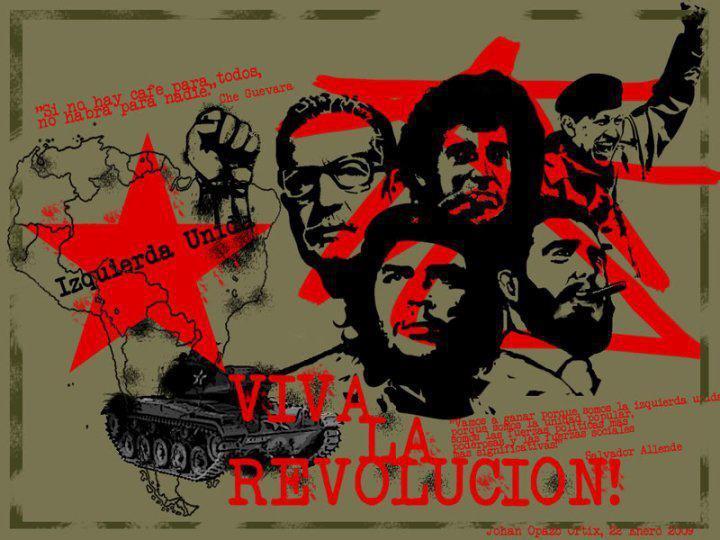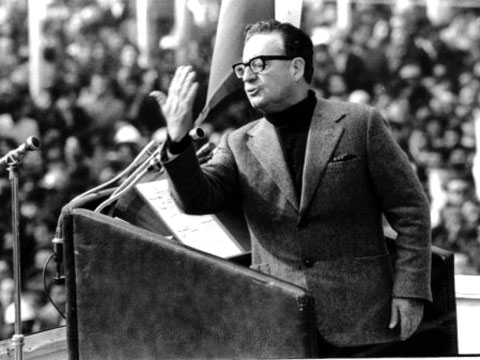Capitalism, sexual violence and sexism

For more discussion on feminism, click HERE.
Chile: Allende and 21st century socialism

... a revolution may well be carried out through peaceful means, but cannot be unarmed.
The other September 11: 'The Battle of Chile', Patricio Guzmán's classic documentary
Part 1: Insurrection of the bourgeoisie.
The legacy of Chilean socialism and Salvador Allende
For more on Chile click HERE.
By Roger Burbach
September 11, 2013 -- Futuresocialism.org -- The coup d’etat by General Augusto Pinochet in Chile on September 11, 1973, transformed the history of socialism. Almost a thousand days before, Salvador Allende and the Popular Unity coalition had taken office promising a “Chilean Road to Socialism” based on democratic principles. The government launched an agrarian reform program, recognised the right of workers to take over factories and run them collectively, took control of most of the country’s banks and expropriated multinational corporations like Kennecott and ITT, all within the framework of the Chilean constitution.
PDF version of Marta Harnecker's: 'Instruments for doing politics'

September 8, 2013 – Links International Journal of Socialist Renewal – This is the PDF version of Marta Harnecker's
New pamphlet by Marta Harnecker: 'Instruments for doing politics'
The above series of videos in Spanish by Marta Harnecker are what the pamphlet below is based on.
Rego date extended for 2013 solidarity brigade to Venezuela: Witness a people’s revolution!

September 10, 2013 – Links International Journal of Socialist Renewal – The registration date fo





